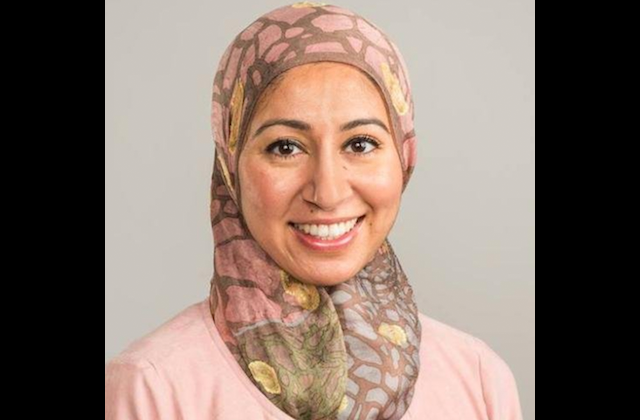Muslim Journalist on Reporting in Trump's America: 'Empathy Isn't Always Reciprocated'

Journalists often willingly enter dangerous situations, but the fanaticism that ushered Donald Trump into the presidency made the lives of reporters from marginalized groups especially precarious this year. NPR's Asma Khalid explains how she learned that lesson the hard way in a new essay.
"Sometime in early 2016 between a Trump rally in New Hampshire, where a burly man shouted something at me about being Muslim, and a series of particularly vitriolic tweets that included some combination of 'raghead,' 'terrorist,' 'bitch' and 'jihadi,' I went into my editor's office and and wept," Khalid writes. "Through tears, I told her that if I had known my sheer existence—just the idea of being Muslim—would be a debatable issue in the 2016 election, I would never have signed up to do this job."
Khalid goes on to describe her upbringing in a predominantly White county in Indiana, which she drew on to break the ice with GOP supporters around the country while reporting. The responses she got as a hijab-wearing Brown woman ranged from curiosity to condescension to outright hatred. One man tried to explain that he wasn't Islamophobic while defending Trump's proposed ban of Muslims as counterterrorist "risk mitigation." One woman screamed at her to "get off my property" as Khalid accompanied a door-knocking canvasser; a corresponding interview with Khalid on NPR's "All Things Considered" featured audio of that abuse.
"I think what made me feel really sad in that moment was that I was here to hear their stories," Khalid told "All Things Considered's" Audie Cornish. "That's all I did all year—was try to hear from voters like that and try to understand their stories. And in that moment, you realize, like, the empathy that you are giving—constantly giving every day—it's not always reciprocated. And there are people who don't really want to get to know you. For some folks that you meet, you are only one thing, and that one thing, for some voters, is very scary."
Read Khalid's essay and listen to her interview here.
